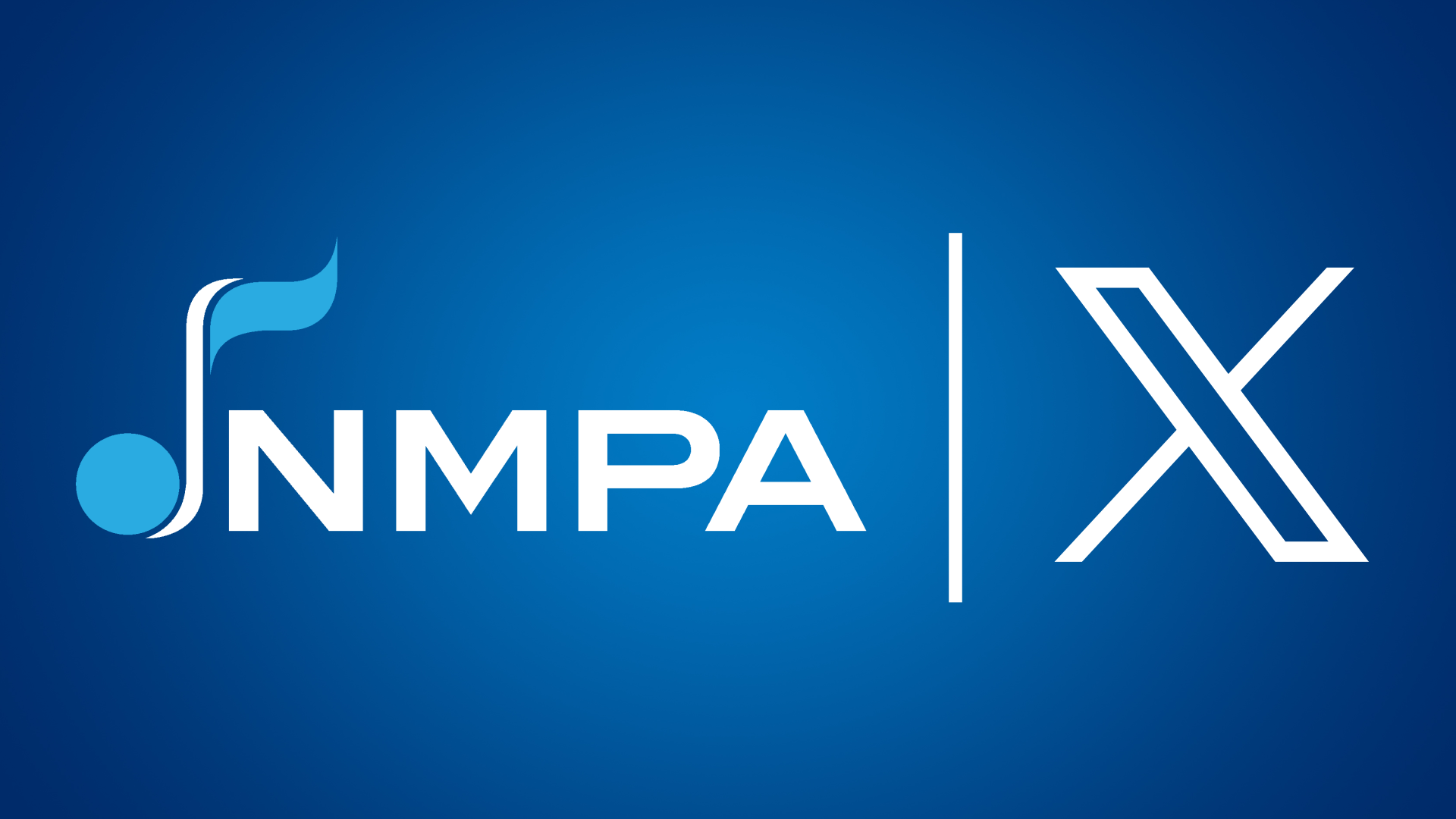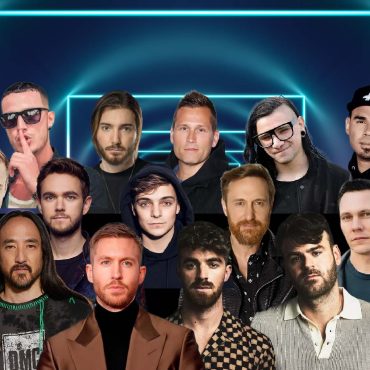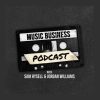Listeners:
Top listeners:
-
 play_arrow
play_arrow
On The Rise Radio
Elon Musk’s Twitter vs. Music Publishers: The Copyright Battle Heats Up

In the ever-evolving landscape of the digital age, copyright issues have become increasingly complex and contentious. One recent clash has caught the attention of both the tech and music industries: major music publishers are pushing back on Elon Musk’s Twitter, insisting that the social media giant is liable for the copyright infringement taking place on its platform. Despite Twitter’s efforts to dismiss their lawsuit, the battle rages on. In this article, we delve into the heart of this legal battle, exploring the concepts of music publishing, music copyright, and the far-reaching consequences of music piracy.
Before we dive into the legal standoff, it’s crucial to grasp two fundamental concepts: music publishing and music copyright.
- Music Publishing: Music publishing involves the business of songwriters, composers, and music publishers managing the rights to songs. This includes collecting royalties for the use of musical compositions, licensing those compositions for various purposes (such as synchronization in films or TV shows), and ensuring that the creators receive their fair share of the revenue generated from their works.
- Music Copyright: Music copyright is a legal framework that grants creators the exclusive right to use, reproduce, distribute, and profit from their musical compositions. Copyright protection applies as soon as a musical work is created and fixed in a tangible form, such as sheet music or a digital recording. It gives creators control over their music and allows them to benefit financially from its use.
Music piracy is the unauthorized duplication and distribution of copyrighted music without the creator’s permission. It has been a persistent issue since the dawn of the internet and poses several serious ramifications:
- Financial Loss: Music piracy deprives creators, including songwriters, composers, and performing artists, of their rightful earnings. When music is downloaded or streamed illegally, creators miss out on royalties, which can be their primary source of income.
- Stifling Creativity: The financial impact of piracy can deter artists from pursuing their creative endeavors full-time. This stifling effect on creativity is detrimental to the music industry and society as a whole, as it limits the diversity of voices and music genres.
- Harm to Emerging Artists: Emerging and independent artists often bear the brunt of piracy. These artists rely heavily on music sales and royalties to sustain their careers. When their work is pirated, their ability to gain recognition and build a fanbase is compromised.
- Erosion of Industry Revenue: Music piracy has contributed to a decline in revenue for the music industry over the years. This has consequences not only for artists but also for record labels, music publishers, and everyone involved in the music ecosystem.
Now, let’s turn our attention to the current conflict between major music publishers and Twitter, spearheaded by Elon Musk.
Twitter, like many social media platforms, has grappled with copyright infringement issues. Users often post copyrighted music without obtaining the necessary licenses or permissions. Music publishers argue that Twitter should be held liable for this infringement, as they believe the platform has not taken adequate measures to prevent or address it.
Twitter, on the other hand, asserts that it is a user-generated content platform and should not be held responsible for the actions of its users. They argue that they have implemented tools to address copyright issues, such as content removal and account suspension, in line with the Digital Millennium Copyright Act (DMCA).
The outcome of this lawsuit could have significant implications for the responsibilities and liabilities of social media platforms regarding copyright infringement. It also raises questions about the balance between protecting intellectual property rights and fostering online creativity and expression.
The clash between major music publishers and Twitter, led by Elon Musk, underscores the ongoing challenges in protecting music copyright in the digital age. It serves as a reminder of the severe consequences of music piracy on artists, the music industry, and creativity as a whole. As this legal battle unfolds, it has the potential to reshape the landscape of copyright enforcement in the realm of social media, making it a crucial issue to watch for both the tech and music industries. Ultimately, finding a balance between protecting intellectual property and promoting innovation in the digital era remains a complex and pressing challenge.
Written by: admin
copyright NMPA publishing social media Twitter X
Similar posts
On The Rise Newsletter
Don't miss a beat
Sign up for the latest electronic news and special deals
EMAIL ADDRESS*
By signing up, you understand and agree that your data will be collected and used subject to our Privacy Policy and Terms of Use.
COPYRIGHT © 2023 ON THE RISE WORLDWIDE | ON THE RISE RADIO







Post comments (0)